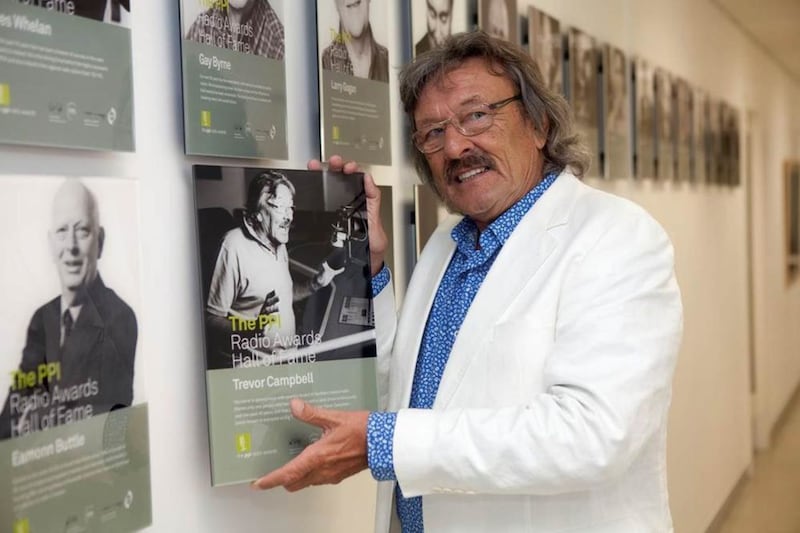Today - BBC Radio 4
A Point of View: A Lump of Coal and a Black Bun - BBC Radio 4
Strange how, in the blink of an eye, your world can change forever.
For writer Hanif Kureishi – known for his novel The Buddha of Suburbia and his screenplay for My Beautiful Launderette – December 26 has particular significance.
On that date in 2022, he had a fall while on holiday in Rome and was left unable to use his limbs.
It was, he said, like going through a door into a much darker world. All he wanted was to return to the old normal – his life as it was.
But that is not how it is. Kureshi was one of a series of guest editors on Radio 4′s Today programme.
He has, he says, become a “reluctant dictator”. He has found friends and lost friends in all of this – and he depends on them in a much more practical way.
At one point in the programme, he is fed by a friend: “This is a man on the radio eating kale for the first time,” he joked.

Picking up on the season, A Point of View looked into Hogmanays, past and present.
Alex Massie remembered the early 1960s when some people still gathered in towns and villages to bring in the new year and then first foot friends and neighbours.
At that stage, a policeman lamented that Hogmanay was on its way out and “They’re all going for Christmas now.”
In his father’s time, said Massie, Christmas was a working day whereas New Year might be a two- or three-day carnival.
With the switch to oil and gas heating, the lump of coal held less symbolism.
At that stage, a policeman lamented that Hogmanay was on its way out and “They’re all going for Christmas now.”
The black bun also carried by first footers, hasn’t really taken off elsewhere.
Massie has fond memories of the TV programme, Scotch and Wry, and a character Rev I M Jolly – a perpetually depressed minister.
That blend of exuberance and misery was captured in a quote from Scotland, the poem by Alastair Reid, where he shares his joy of a beautiful day with a woman from the fish shop.
“We’ll pay for it, we’ll pay for it, we’ll pay for it,” she says, with “ancient misery”.








